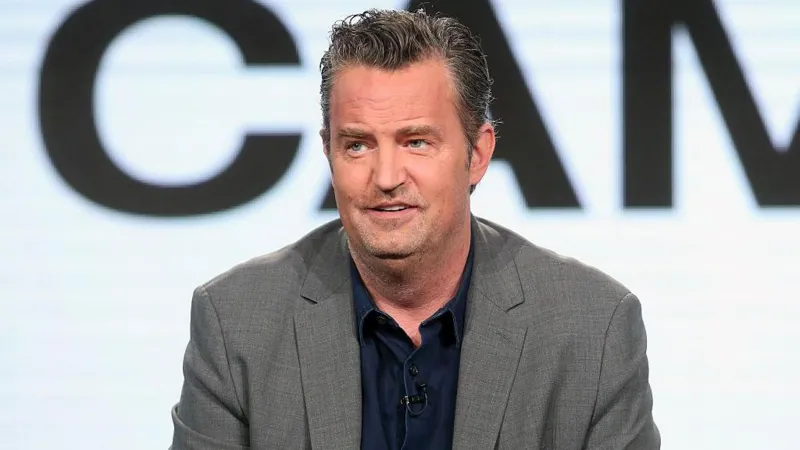Five people have been charged in the drug-related death of Matthew Perry last year, police say, including two doctors and the actor's personal assistant, Ednews informs.
Police said on Thursday that their investigation, launched in May, uncovered a "broad underground criminal network" of drug suppliers who distributed large quantities of ketamine.
Perry, 54, died at his Los Angeles home in October. A post-mortem examination found a high concentration of ketamine in his blood and determined the "acute effects" of the controlled substance had killed him.
"These defendants took advantage of Mr Perry's addiction issues to enrich themselves," US Attorney Martin Estrada said on Thursday. "They knew what they were doing was risking great danger to Mr Perry, but they did it anyway."
Three of the defendants - including Perry's assistant - have already pleaded guilty to drug charges, while two others - a doctor and a woman known as "The Ketamine Queen" - were arrested on Thursday, according to the justice department.
Ketamine - a powerful anaesthetic - is used as a treatment for depression, anxiety and pain. People close to Perry, who starred as one of the lead characters on the NBC television show Friends, told a coroner's investigation after his death that he was undergoing ketamine infusion therapy.
But his last session had taken place more than a week before his death. The medical examiner said the ketamine in Perry's system could not have been from the infusion therapy because of the drug's short half-life.
The levels of ketamine in his body were as high as the amount given during general anaesthesia, according to the medical examiner.
An indictment filed in federal court detailed the elaborate drug purchasing scheme that prosecutors say ultimately led to Perry's death.
Prosecutors said Perry's assistant, Kenneth Iwamasa, worked with two doctors to provide the actor with over $50,000 (£38,000) of ketamine in the weeks before his death.
Officials argued those involved in the scheme tried to profit from Perry's well-known substance abuse issues. One of the doctors, Salvador Plasencia, is alleged to have written in a text message: "I wonder how much this moron will pay."










